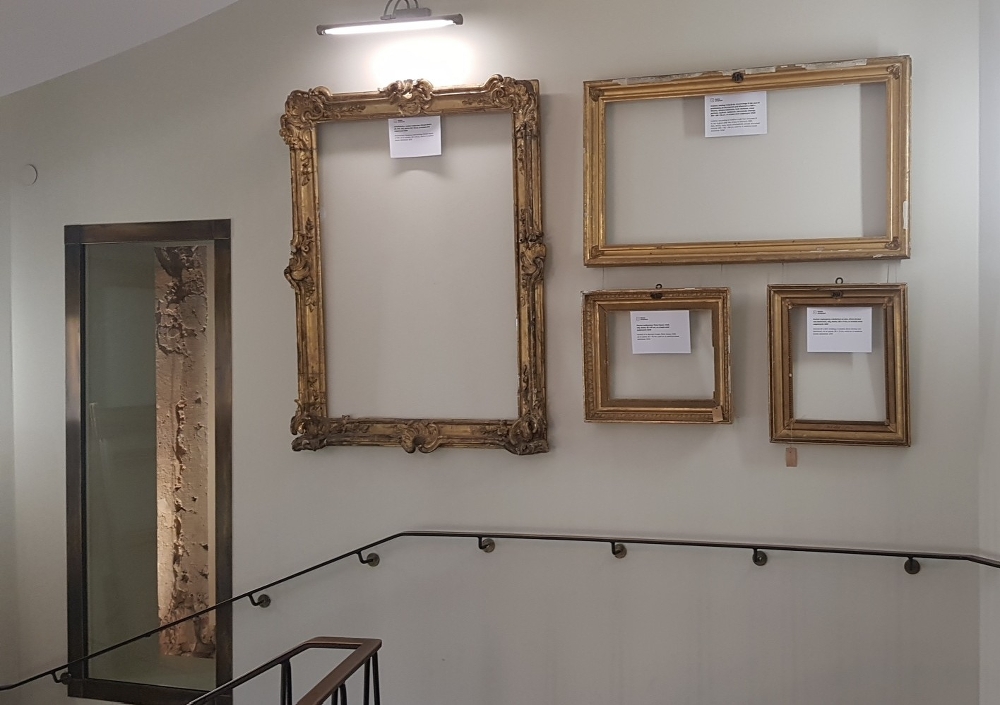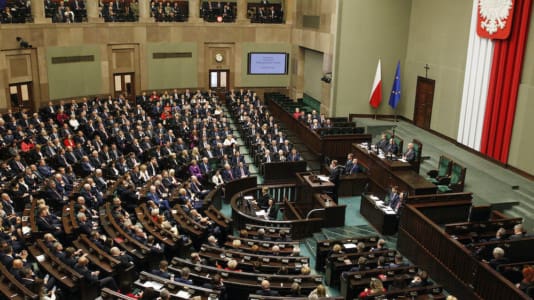Poland has begun the “Empty Frames” campaign for the return of works of art that were looted by Russians and Germans during the Second World War.
Polish Deputy Prime Minister and Culture Minister Piotr Gliński announced that Poland is to file seven more restitution claims for works of art taken from Poland by the Soviet Union during the Second World War. He said Poland will not give up on attempts to find and bring back its cultural heritage looted during the war.
[pp id=47537]
Gliński said that Poland was initiating a national “Empty Frames” campaign designed to raise awareness of the art taken by both German and Russians during the war. His press conference was held in the Royal Palace of Wilanów in Warsaw. Special notice boards on items lost by Poland during the war will be placed in 12 Polish cities.
The deputy prime minister noted that Poland suffered the biggest losses to its heritage out of all the nations involved in the war. It is estimated that over 50 percent of the pre-war contents of its museums were lost. This means that to this day, “in many Polish museums we have some empty frames as symbols of Polish war losses,” he said.
According to Gliński, Poland has made 20 diplomatic restitution claims covering 12,000 works of art. None of them have been considered by the Russian Federation, but Poland is ready to file seven more such claims against Russia.
In accordance with international law, Russia is obliged to return the illegally sourced works of art. Some of the works of art taken out of Poland are on display at the Pushkin Museum in Moscow.
Poland has also made a push for reparations from Germany, demanding the country pays €1.3 trillion due to Poland’s humanitarian and economic losses during the Second World War. However, Germany points to the 1953 agreement with Poland’s then communist rulers, who reliquinshed all reparation demands due to pressure from the Soviet Union, which wanted to free East Germany from liabilities. Poland contends that the agreement is invalid because Poland never received fair compensation and the agreement was made under duress.






